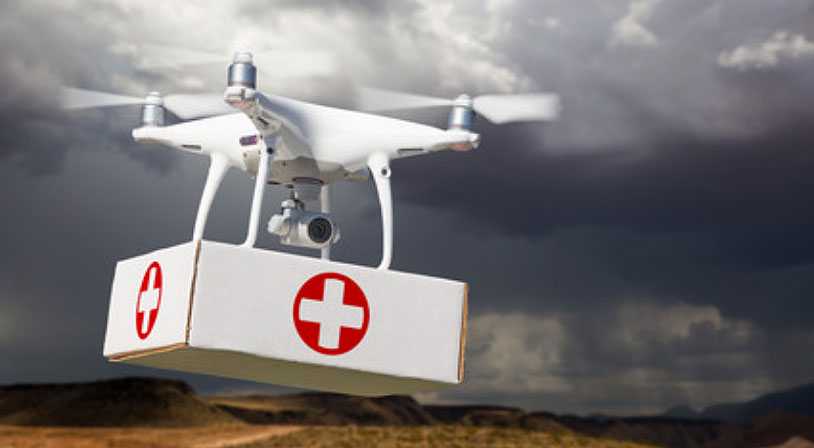
Researchers from Baltimore-based Johns Hopkins University have determined that large bags of blood products can maintain temperature and cellular integrity during transportation by drones.
A report on the study findings, published in the journal Transfusion in November, supports earlier evidence that remotely piloted drones offer an effective, safe and timely mode to transport blood products to remove accident or natural catastrophe sites.
“For rural areas that lack access to nearby clinics, or that may lack the infrastructure for collecting blood products or transporting them on their own, drones can provide that access,” says Timothy Amukele, MD, PhD, assistant professor of pathology at the Johns Hopkins University School of Medicine and the paper’s lead author.


Comentarios recientes